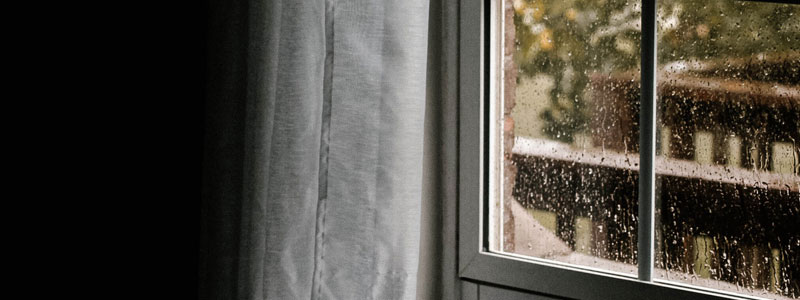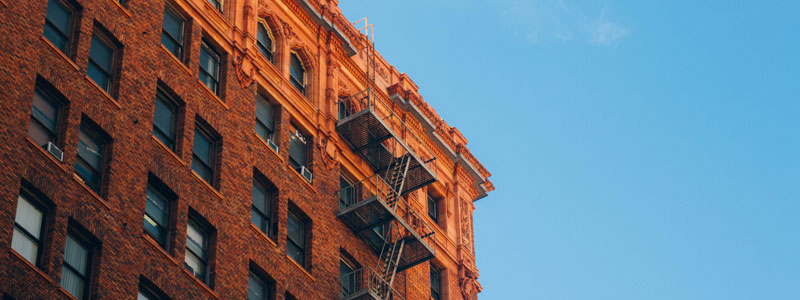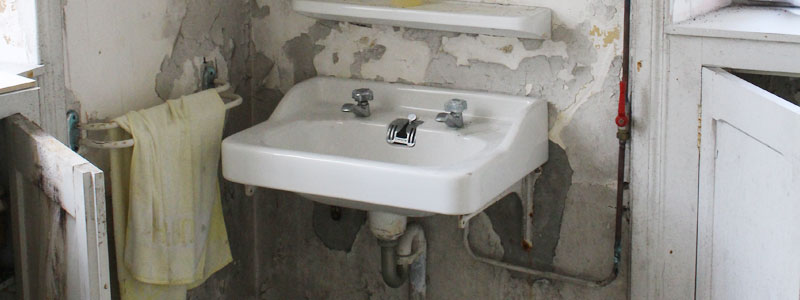Is My Landlord Responsible for My Mold-Related Illness?
Maintaining a home is always difficult. Often, the list for your house or apartment’s upkeep seems never-ending, and just as often, environmental factors contribute to the problems you as a resident will face. With April showers in full swing here in Indianapolis, you may be facing the issues that come with more humid climates. What […]

Available 24/7
Free Case Review
You won’t pay any fees until we win your case.
It’s easy - you can:

